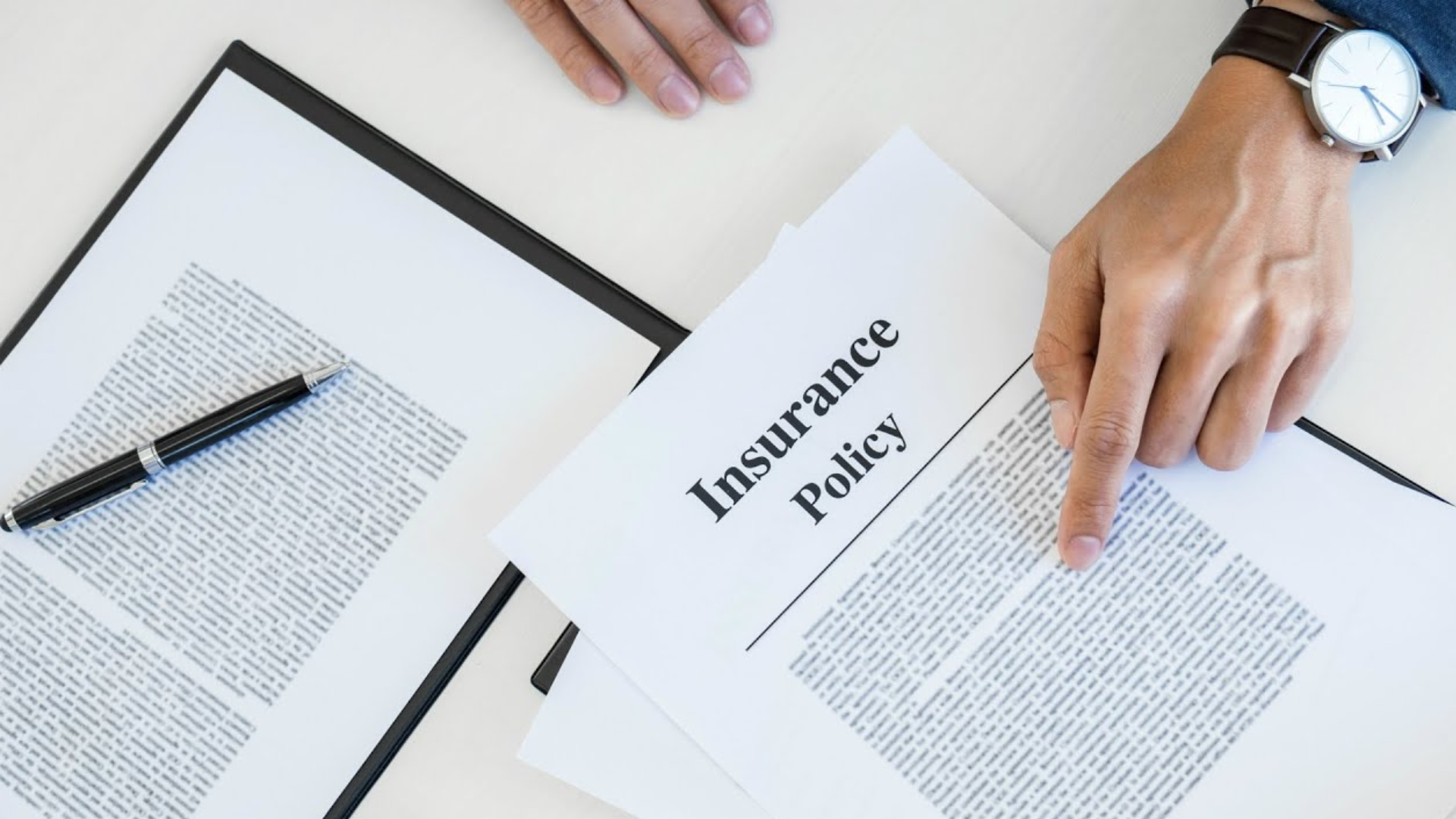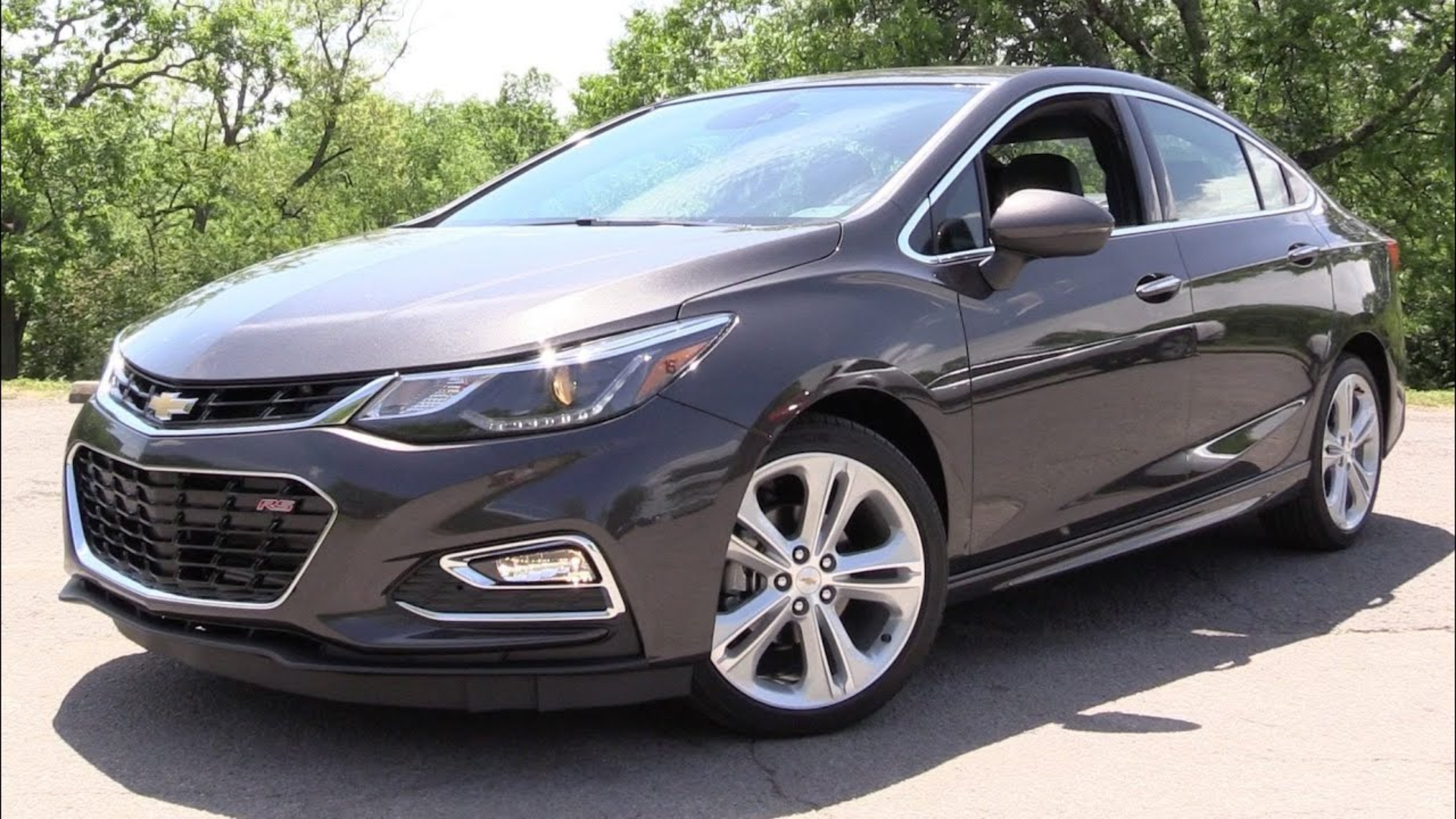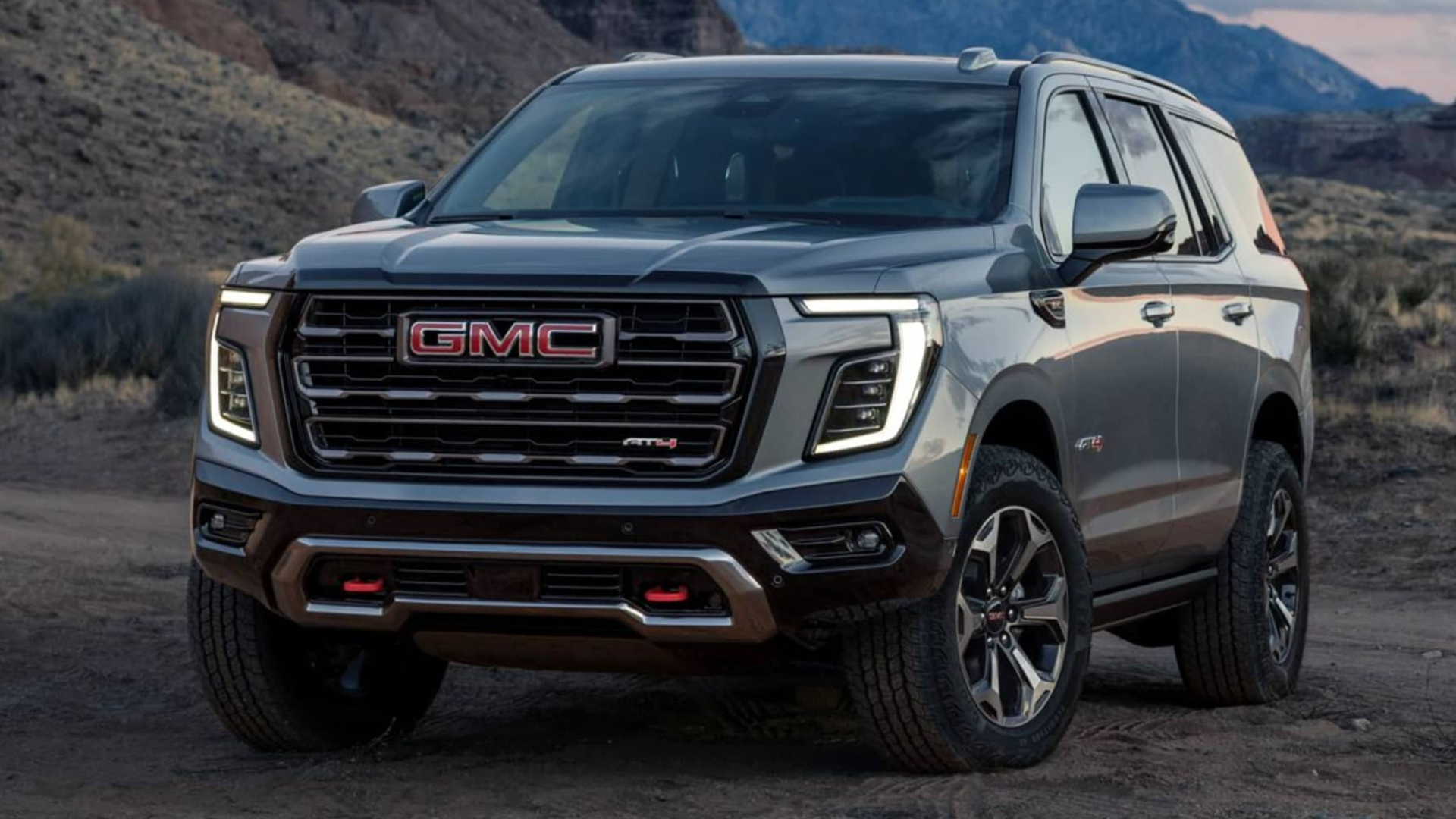Whether you’re a first-time buyer or simply curious about how insurance really works, you’ve come to the right place! Insurance can seem like a confusing maze of jargon and premiums. However, once you finish reading this guide, you’ll become an expert in insurance, equipped to safeguard your belongings and ensure peace of mind.
Let’s break it all down in simple terms, with a sprinkle of humor to keep things light. After all, discussing something as serious as insurance doesn’t have to be devoid of humor.
What is insurance?
At its core, insurance is a financial safety net. Insurance serves as a safeguard against unexpected life events, and let’s admit, it enjoys doing so. Whether it’s a car accident, an unexpected illness, or a tree falling on your house during a thunderstorm, insurance is there to help cover the costs.
In short: Insurance helps protect you financially from risks, so you don’t end up footing the bill for something disastrous all by yourself.
The Basics of How Insurance Works
An insurance company receives a small payment, known as a premium. In return, they promise to help cover costs if something goes wrong, depending on the type of insurance you have. Sounds like a beneficial deal, right? It depends on the type of coverage you require.
Insurance companies calculate your risk profile, such as whether you are likely to be involved in a car accident. How old is your roof? and set your premium accordingly. The higher the risk, the higher the premium. The concept ensures that you won’t be unprepared for a large bill when you make regular small payments.
Types of insurance you should know about.
There are several types of insurance, and each serves a different purpose. Think of them as the different “superheroes” in your financial life. They each have their own special power!
1. Health Insurance
Health insurance is the shield that protects you from the cost of medical bills. No one can predict when they might get sick or injured, but health insurance makes sure you won’t have to sell a kidney to pay for it. (Note: Please don’t actually sell kidneys.)
- Why it matters: Without health insurance, a serious accident or illness can leave you drowning in medical debt.
- What it covers includes doctor visits, hospital stays, surgeries, prescriptions, and sometimes even mental health care.
2. Car Insurance
Car insurance is like the backup camera for your life on the road. It ensures you’re not on your own if you get into an accident. Not only does it cover your damages, but it also helps with damages to others involved in the accident.
- Why it matters: In most states, it’s illegal to drive without it. Plus, the price of repairing or replacing a car can send you into bankruptcy without insurance.
- What it covers includes damage to your vehicle, damage to someone else’s vehicle, medical expenses from accidents, and sometimes even theft or vandalism.
3. Homeowners Insurance
It’s natural to want to protect your home, one of your biggest investments. Homeowners insurance provides coverage against various potential hazards such as natural disasters, fires, and theft.
- Why it matters: A damaged home can cost hundreds of thousands of dollars to repair, and homeowners insurance helps keep you from paying it all.
- What it covers includes damage to your house, personal belongings, liability for accidents on your property, and temporary housing if your home becomes uninhabitable.
4. Life Insurance
Life insurance protects your family after you die. While this might sound morbid, it’s actually one of the most thoughtful things you can do for your loved ones.
- Why it matters: If something happens to you, life insurance ensures your family can maintain their lifestyle and take care of funeral expenses.
- It covers burial costs, living expenses for dependents, and occasionally any debts you may leave behind.
5. Disability Insurance
We don’t always like to think about it, but sometimes, we can’t work because of an injury or illness. Disability insurance steps in and provides a portion of your income while you’re out of work.
- Why it matters: Without it, you may rely on savings or credit cards.
- What it covers: A portion of your salary if you become disabled and cannot work due to injury or illness.
6. Renters Insurance
You might believe your landlord’s insurance covers you if you rent, but it doesn’t. Renters insurance provides protection for your personal belongings, including furniture, electronics, and clothing, against potential risks such as theft or fire.
- Why it matters: If you lost all your stuff in a fire or break-in, renters insurance can help replace it.
- It covers your personal belongings, liability for accidents in your rented space, and additional living expenses if your place becomes uninhabitable.
Do You Really Need Insurance?
Let’s face it—insurance is not something we get excited about. But think of it as paying for peace of mind. It’s similar to locking your doors at night—you’d rather be safe than regret it.
Here’s a quick table to help you decide which insurance is essential:
| Insurance Type | Must-Have? | Why? |
|---|---|---|
| Health Insurance | ✅ | Medical bills can skyrocket without it. Plus, health is important! |
| Car Insurance | ✅ | It’s required by law in most places. Also, accidents happen. |
| Homeowners Insurance | ✅ | Your home is a big investment. Protect it from unexpected disasters. |
| Life Insurance | Depends | If you have dependents, yes. If not, it’s optional. |
| Disability Insurance | Depends | If you rely heavily on your income, it’s worth considering. |
| Renters Insurance | ✅ | It safeguards your personal belongings and is frequently quite reasonably priced. |
How to Choose the Right Insurance for You
Now that you know what types of insurance exist, you might wonder: How do I choose the right one for me?
1. Assess Your Needs
The first step is figuring out what you actually need. If you’re renting an apartment, homeowners insurance isn’t necessary, but renters insurance might be. If you’re young and healthy, you might not need life insurance just yet.
- Tip: Take stock of what you have. If you have kids, a house, or valuable assets, insurance will protect those. If your income is limited, prioritize your health and car insurance.
2. Compare quotes.
Insurance is one of those areas where shopping around really pays off. Insurance companies vary in pricing, coverage, and customer service, so it’s worth getting quotes from multiple providers.
- Tip: Use comparison websites to get a range of quotes, but make sure you’re comparing the same level of coverage.
3. Understand the terms.
The technical terms in insurance can be quite confusing. Here are a few key ones to look out for:
- Premium: The amount you pay periodically (monthly, yearly) for your insurance.
- Deductible: The amount you pay out-of-pocket before your insurance kicks in.
- Coverage Limit: The maximum amount your insurer will pay in the event of a claim.
- Exclusions refer to the areas that your policy does not cover.
4. Read the Fine Print
No one likes to read the fine print, but it’s worth doing when it comes to insurance. Unexpectedly being uninsured after an incident is the last thing you want.
What Happens If You Don’t Have Insurance?
Imagine this scenario: You’re driving down the road when—BAM—another car slams into you. Now, imagine you don’t have car insurance. You might even face a lawsuit for damages to the other car if you don’t have car insurance, forcing you to pay for your repairs out of pocket.
That’s just one example, but the same principle applies to other areas of your life. Without insurance, you’re on your own to cover expensive medical bills, home repairs, or a potential lawsuit. It’s like trying to play a game without any rules—bad things happen, and it’s difficult to recover.

Conclusion
Insurance may not be the most exciting topic in the world, but it’s undoubtedly one of the most important. It safeguards you, your family, and your assets against the unforeseen challenges of life. The key is to start with the basics: understand the types of insurance you need, shop around for the best deals, and make sure you fully understand the terms of your policy.










Leave a Reply